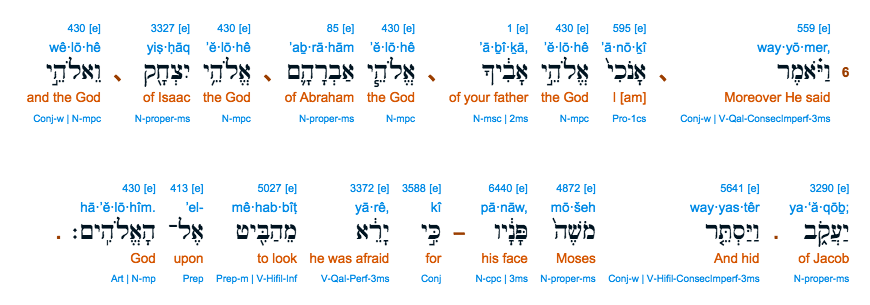Matthew 22:
23 That same day the Sadducees, who say there is no resurrection, came to him with a question. 24“Teacher,” they said, “Moses told us that if a man dies without having children, his brother must marry the widow and raise up offspring for him. 25Now there were seven brothers among us. The first one married and died, and since he had no children, he left his wife to his brother. 26The same thing happened to the second and third brother, right on down to the seventh. 27Finally, the woman died. 28Now then, at the resurrection, whose wife will she be of the seven, since all of them were married to her?”
29 Jesus replied, “You are in error because you do not know the Scriptures or the power of God. 30At the resurrection people will neither marry nor be given in marriage; they will be like the angels in heaven. 31 But about the resurrection of the dead—have you not read what God said to you, 32‘I am the God of Abraham, the God of Isaac, and the God of Jacob’? He is not the God of the dead but of the living.”
Jesus refuted the Sadducees by citing the following as proof text that there was the resurrection of the dead, Exodus 3:
6 Then he said, “I am the God of your father, the God of Abraham, the God of Isaac and the God of Jacob.” At this, Moses hid his face, because he was afraid to look at God.
Did Moses himself understand that there was the resurrection of the dead or was he like the Sadducees? Please focus on what Exodus 3:6 itself directly communicates.
